On a recent Friday morning, the Arab-Israeli writer Sayed Kashua, 38, wearing jeans and a Superman T-shirt, slouched forward over a tiny outdoor table at the Cafe Hillel located in an upscale Jerusalem neighborhood 10 minutes from his home. He was trying to explain to a foreign reporter the urgency of moving his family back to Beit Safafa, a nearby Arab town that sits atop the Green Line between Israel and the West Bank. (Kashua had fled Beit Safafa for Israel proper a few years back, when local sentiment against him hit a bitter low.)
“I will show you,” Kashua said, pulling up a photo on his smartphone of his 3-year-old son. The kid was holding a balloon designed to celebrate Israel’s Independence Day — silver with a blue Star of David in the center.
“I have a little son, and he goes to a wonderful daycare in our [Jewish] neighborhood. That’s the way I picked him up from the kindergarten two days ago,” Kashua said, touching a finger to the screen. “He doesn’t even speak even one word in Arabic. He speaks only Hebrew, and I think that he’s racist.” At this, Kashua laughed his trademark silent laugh — small puffs of air through a great wall of teeth, so that you don’t even realize he’s laughing until you look up.
This coffee-shop scene could easily have made the cut for an episode of “Arab Labor,” the prime-time family sitcom that Kashua debuted on Israel’s Channel 2 to harsh criticism seven years ago and that KCET is now airing in Los Angeles. In fact, in an Independence Day-themed episode called “Remembrance” from Season 2, the main character — Arab-Israeli journalist Amjad, a slapstick version of Kashua — faces a similar dilemma. It’s Yom HaAtzmaut, Israel’s Independence Day, and Amjad is sweating over whether he should let his daughter sing holiday songs with her Jewish classmates or keep her home to teach her about the Palestinian Nakba (the “catastrophe” of 1948), which falls around the same date.
Shay Capon, 47, the show’s Jewish director and a close friend of Kashua, called the Yom HaAtzmaut versus Nakba episode “the heart of the series.”
Speaking on the sunny front porch of his country home outside Jerusalem a couple of days prior, Capon said: “The beauty of this show is it laughs at everybody. In Israeli society, for the first time, you can see an Arab and not associate him with bombs. For the first time, you see him as a person who has his fears and his desires and his small little family that he loves and wants to protect.”
And most important, wrote a reviewer for the U.K. Guardian, “It‘s just really, really funny.”
In “Arab Labor,” as in Kashua’s three novels and in his weekly column for the liberal Israeli newspaper Haaretz, it’s difficult to tell where Kashua’s life ends and his fiction begins.
Both he and the “Arab Labor” character Amjad are Palestinian citizens of Israel working at left-wing newspapers, raising their families in well-to-do Jewish neighborhoods and trying to answer to both Arab and Jewish society. The show is even filmed at Kashua’s own apartment building in Ramat Denya, Jerusalem. (Actually, one building over, because “I really didn’t want my neighbors to be totally involved.”) Yet Kashua wrote his family’s move from Beit Safafa to Ramat Denya into the “Arab Labor” script before it even happened in real life: “I first tested that on paper, and then I saw, OK, it can work — and then we moved,” he said.
In life, though, Kashua is more of a tortured, fidgety artist type than his TV caricature. He looks constantly inspired yet fatigued, his buzz cut and beard stubble flecked in gray and white. Kashua’s face is softer and rounder than that of Norman Issa, the Palestinian actor who plays Amjad, and a war appears to be raging behind his eyes at all times.
To witness the inner turmoil and rootlessness of a Palestinian annexed into Israeli life, one need only waste a few hours and a handful of cigarettes with Kashua on a Friday morning.
“If you ask Shay [Capon] and my producers, they will say, ‘Yes, of course, it’s making huge changes,’ ” Kashua said of the show’s impact while driving his eldest son, a shy 9-year-old in Crocs, between English and mandolin lessons. “But when I look at the political situation, I really see that my writing has nothing to do with the politics in the region. It’s really frustrating.”
Adding pressure to Kashua’s identity crisis is the fact that, like it or not, he has become something of a celebrity ambassador for the largely unheard-from Arab-Israeli population, which makes up 20 percent of the country. “I was not planning to represent anyone,” he said. “It’s a lot of duty.”
This hasn’t always sat well with his community. When “Arab Labor” premiered in 2007 — the first show about Palestinians on Israeli TV — many members of the Palestinian and far-left Israeli media were outraged, labeling Kashua a nuisance, a traitor and “an affront to the Arab image.”
“I was a little bit of a suspect for them,” Kashua said of his critics. “Like, ‘How come this man who we have never heard of got a spot on commercial Channel 2? He must be a man of the authorities.’ ” The writer later explained: “It’s very difficult, when you are the persecuted one, to accept humor. For the Israelis, it’s really much easier. They won the war.”
His Palestinian audience has since warmed considerably to the show — so much so, Kashua said, that he now feels ready to move his wife and three kids back to the Arab town of Beit Safafa. But first, Kashua plans to debut a second, even more autobiographical series on Channel 2 about the process of writing “Arab Labor,” then spend a year teaching Hebrew, TV writing and comedy writing at two Illinois universities. The fifth season of “Arab Labor” may even take Amjad’s family to suburban Champagne, Ill., he said.
While dropping his son off for mandolin lessons at the boy’s mixed Arab-Jewish
elementary school in Jerusalem, Kashua asked the school’s Jewish security guard, Guy, if he wanted to appear as himself in an episode of his upcoming show, an “Arab Labor” spinoff. Kashua’s vision was to shoot a scene in which Guy makes his early-morning rounds with a paintbrush, erasing all the “Death to Arabs” price-tag graffiti from the night before — as he actually does most mornings.
Guy appeared over-the-moon at the offer. Later on, in the parking lot, the school’s Arab janitor likewise approached Kashua about how much he loved the show.
Film-festival announcers and PR people like to introduce Kashua’s show as “controversial” — but four seasons in, “Arab Labor” may be the most agreed-upon thing in the Middle East. Since its jarring debut, the sitcom has become a steady favorite at Israel’s annual version of the Oscars, and Seasons 3 and 4 saw an average share of 35 to 40 percent of viewers in its time slot.
“People really, really, really love this show,” Capon said. “The most prejudiced people love Amjad — even the most right-wing Israelis. Everybody loves Amjad.”
The KCETLink channel on Central and Southern California digital cable is now airing episodes of “Arab Labor” every Tuesday night at 9 p.m. Full episodes also can be watched on the KCET website, KCET.org.






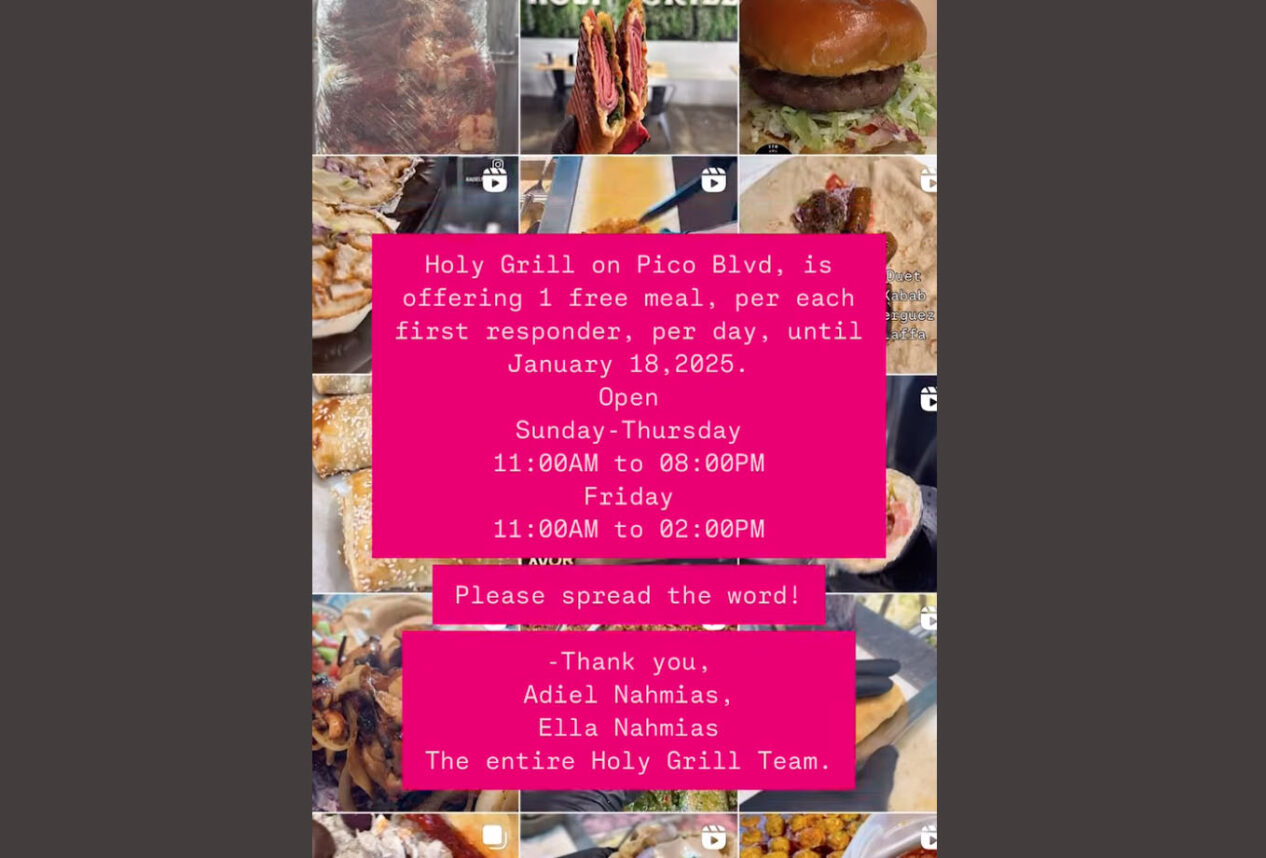
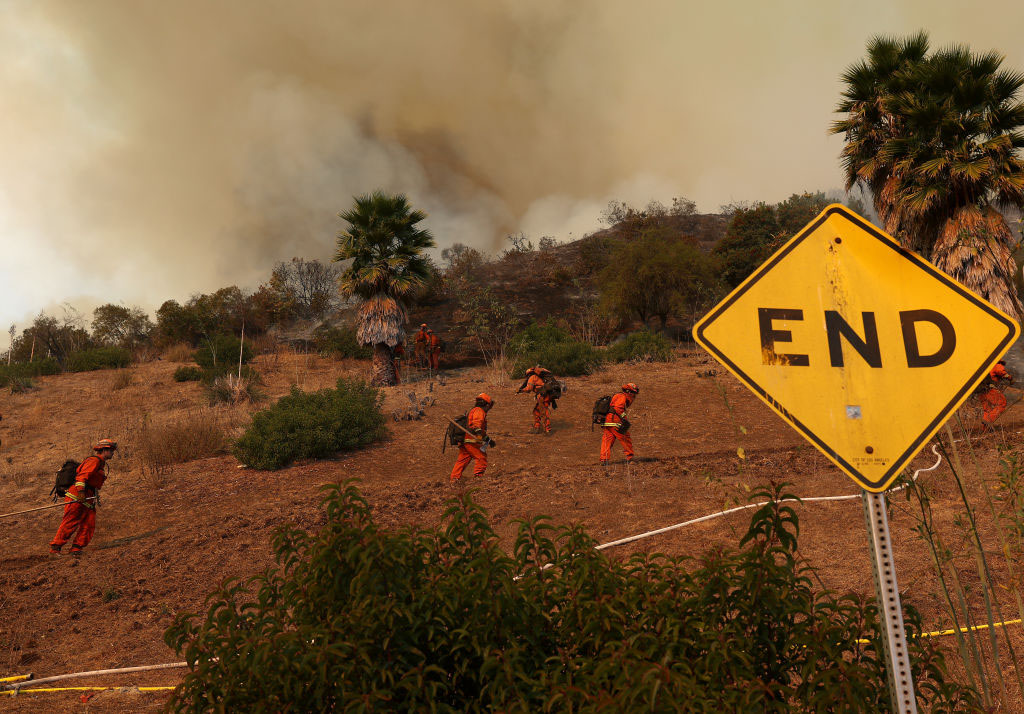
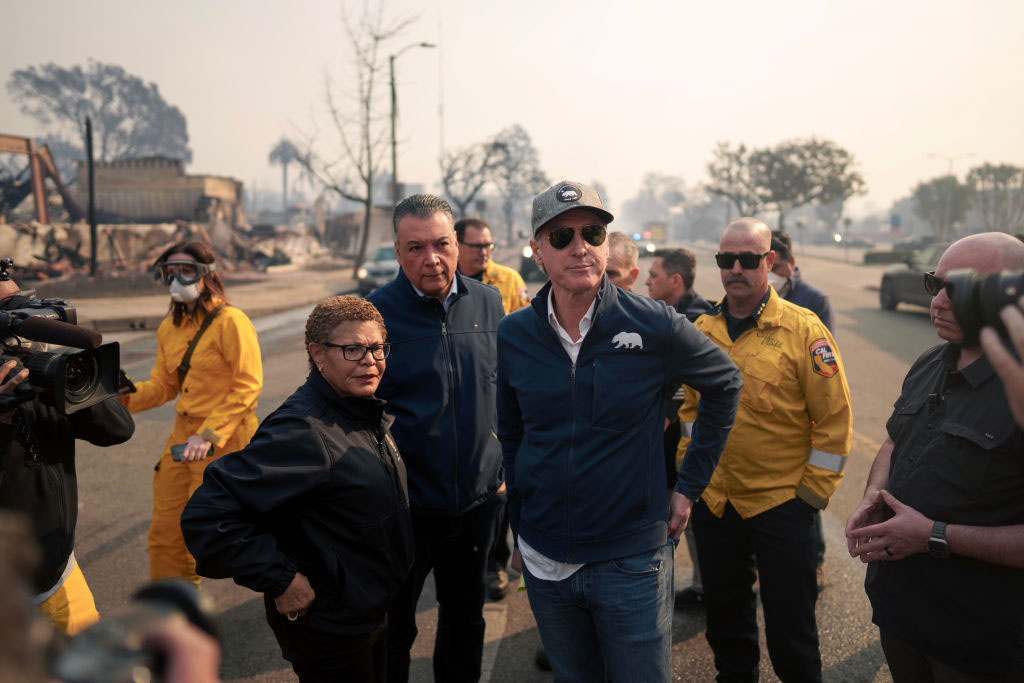
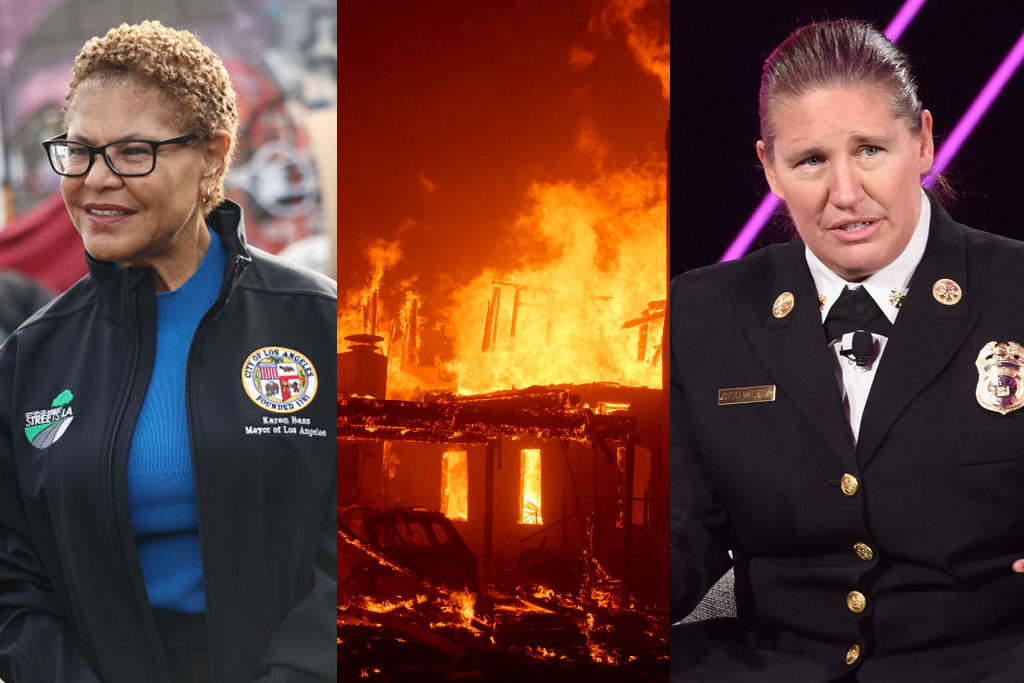
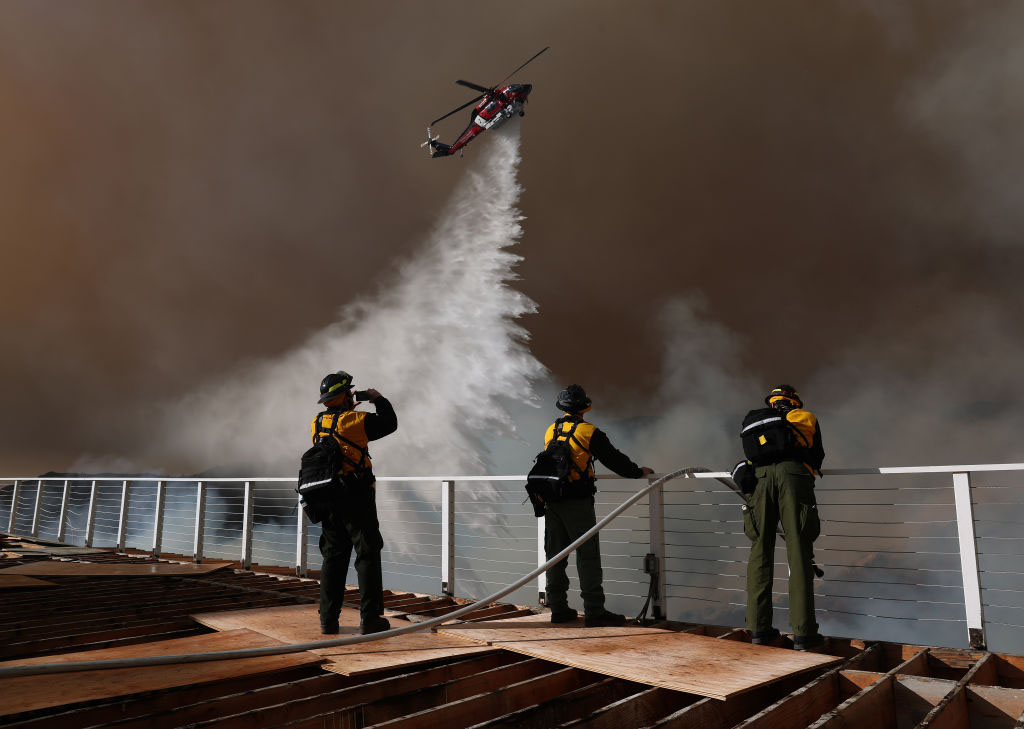
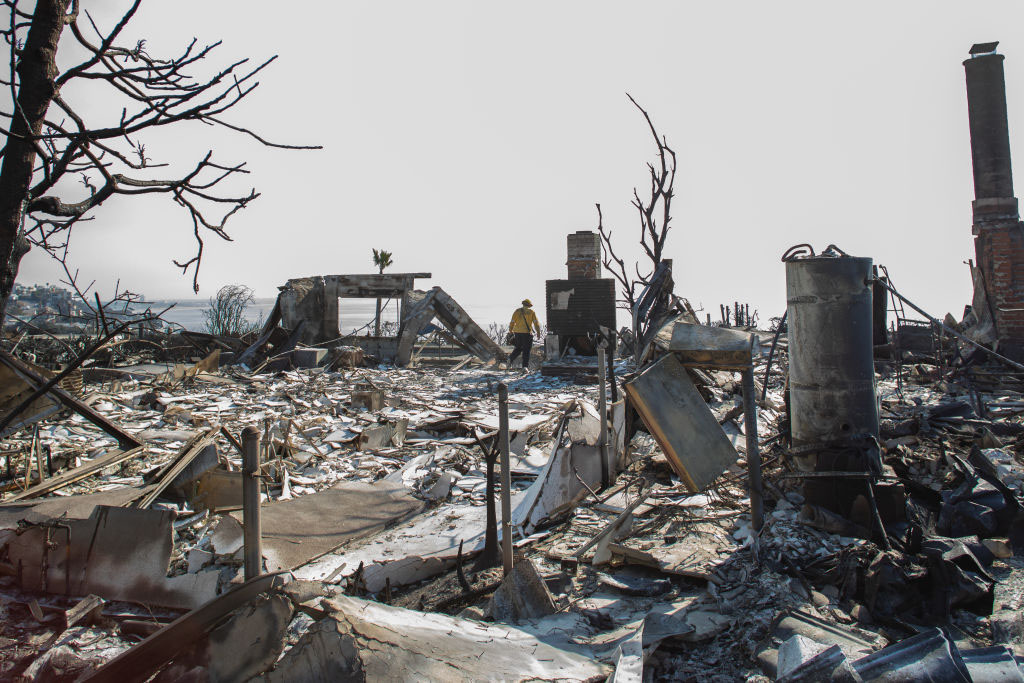
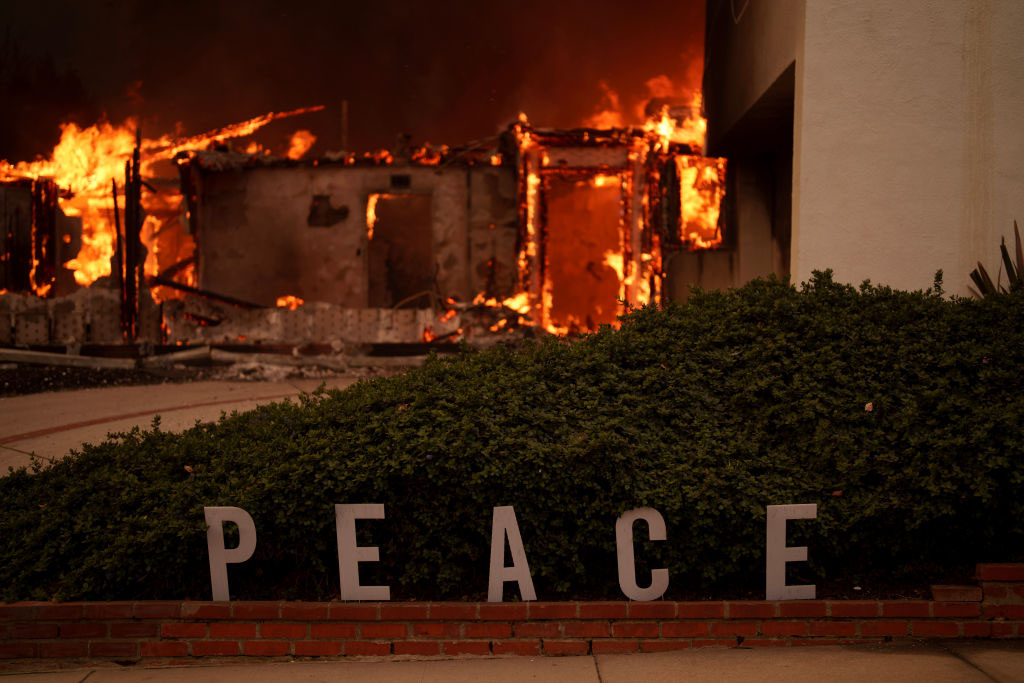
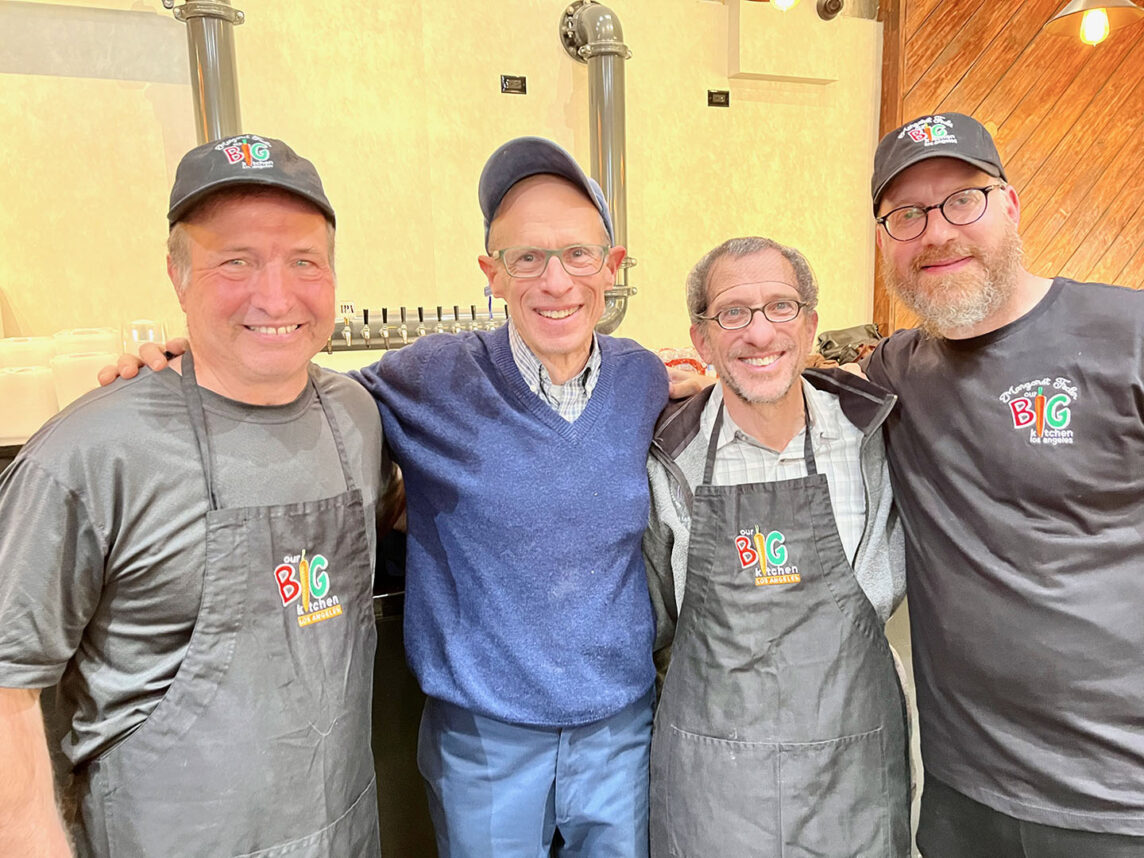
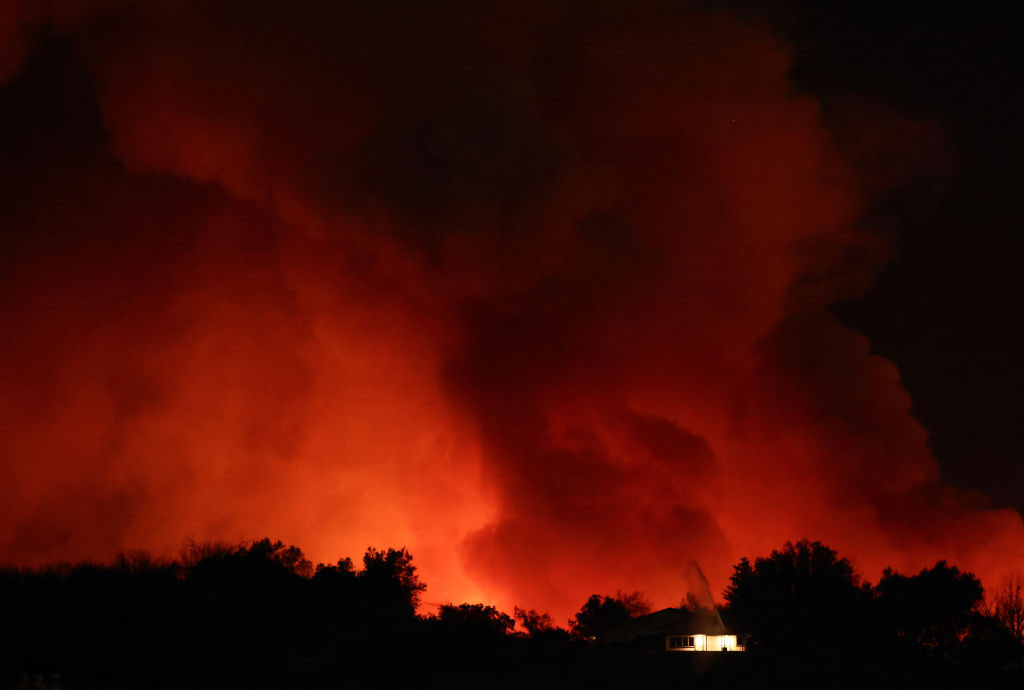

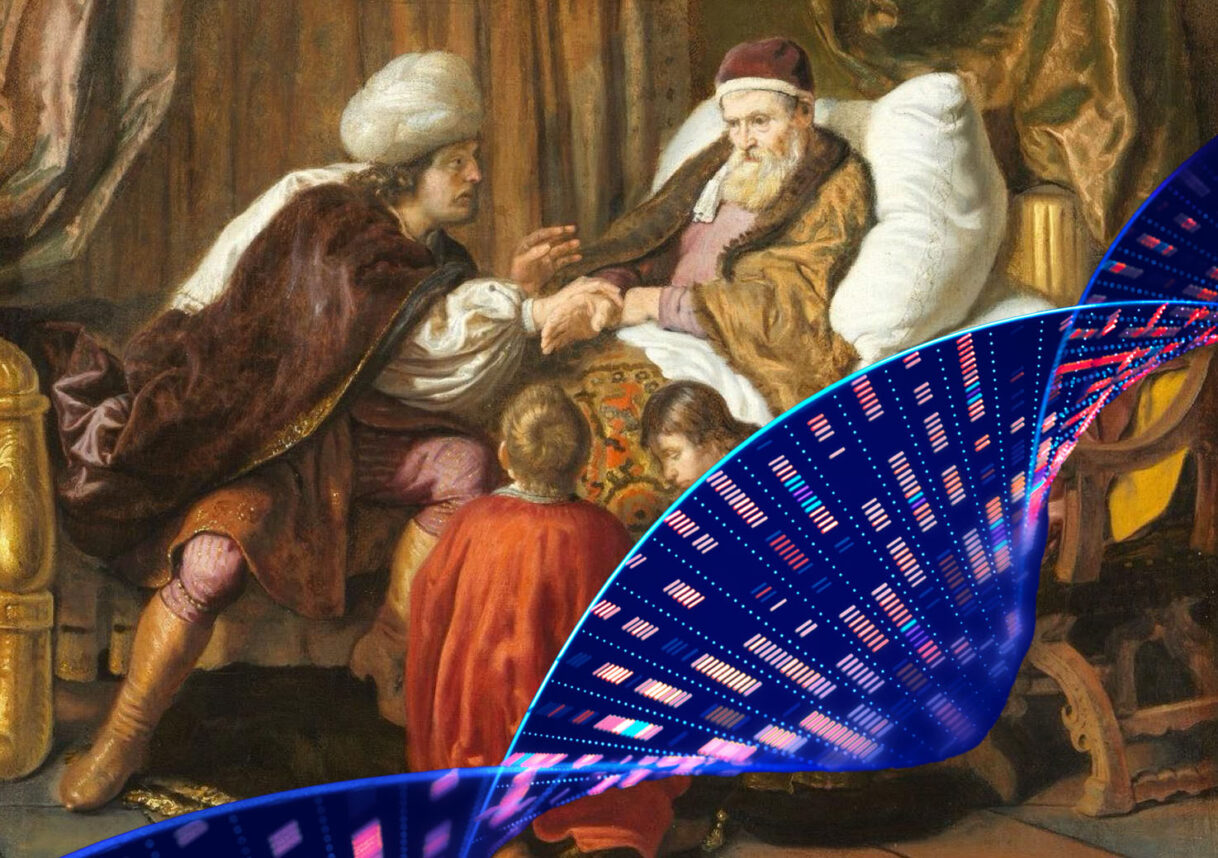



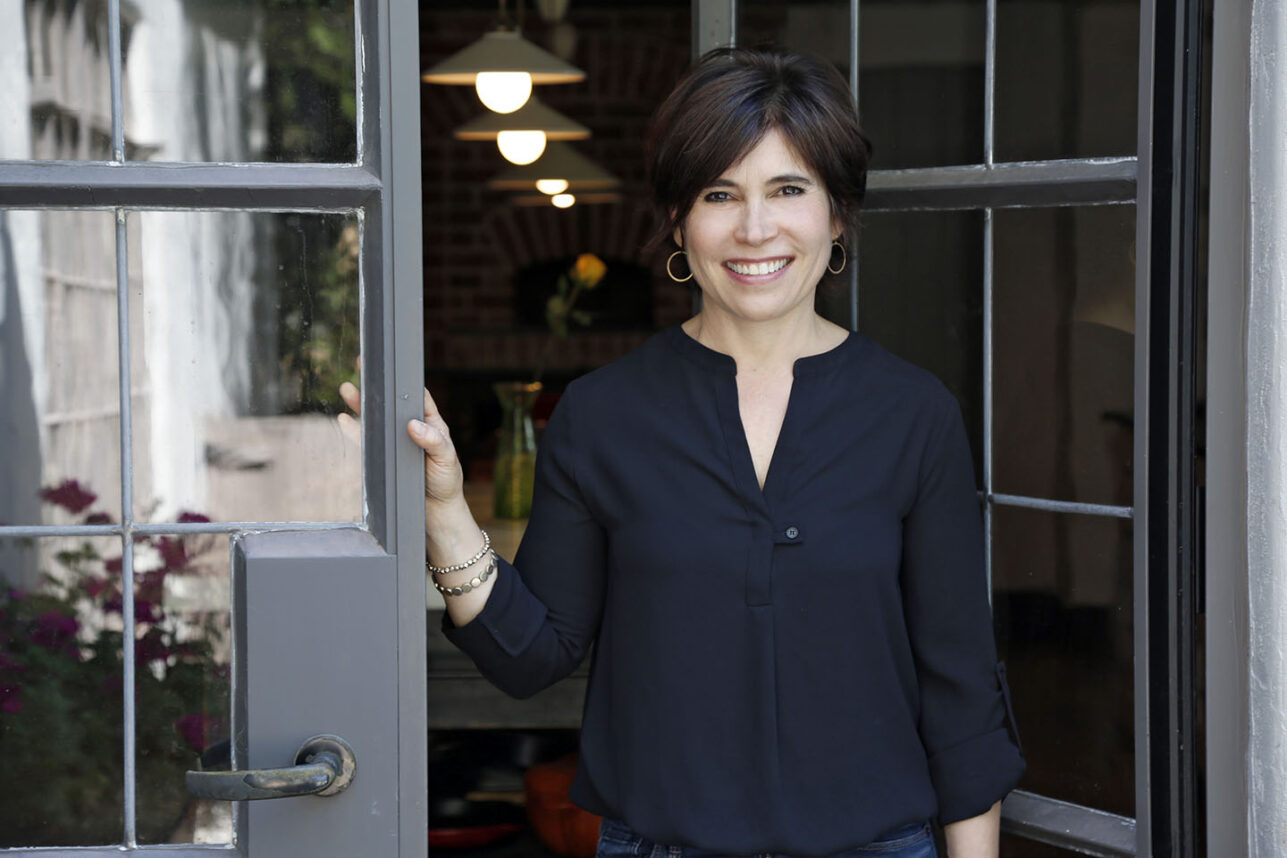


 More news and opinions than at a Shabbat dinner, right in your inbox.
More news and opinions than at a Shabbat dinner, right in your inbox.